Turkey is going to the crucial presidential and parliamentary polls on May 14 this year and the outcome will have a significant impact not only on Turkey but for the Western world as well as India.
Turkey’s presidential polls are significant because the present incumbent President Recep Tayyip Erdogan has taken the country towards radical Islam. Turkey has challenged Saudi Arabia’s position as a rallying point of Islamists. Erdogan has moved towards Russia and is clearly anti-West. Under his leadership Turkey has been supporting radical Islamists in India, especially Jammu and Kashmir. Turkey is also known to have backed Pakistan.
Under Erdogan, Turkey launched at least four incursions into Syria and sent military support to Azerbaijan and Libya. It also targeted Kurdish militants inside Iraq.
Erdogan’s attempts to make Turkey a rallying point of Islamist forces led to diplomatic clashes with Israel, UAE, Saudi Arabia and Egypt.
The US arms industry imposed sanctions on Turkey as Erdogan purchased Russian air defences. His closeness to Russian President Vladimir Putin is well-known. This has raised doubts over Turkey’s commitment to the NATO defence alliance as Turkey objected to membership applications from Sweden and Finland for entering NATO.
The West is hoping that Erdogan should lose this election. Reflecting how the West is looking at Turkey polls, Middle East Institute, a Washington-based think tank. said in one of its recent reports on Turkey polls, “If Turkish President Recep Tayyip Erdoğan and his Justice and Development Party (AKP) are defeated in this month’s elections, the next government, led by the Republican People’s Party (CHP), will likely prove more agreeable — or at least no more difficult — on virtually every issue of importance to the United States and Turkey’s other allies in the North Atlantic Treaty Organization (NATO). There undoubtedly will still be areas of contention, including some of the same ones that have bedeviled the West’s relations with Turkey under Erdoğan. For reasons both ideological and economic, however, a new Turkish government would want a closer relationship with the West than Erdoğan has pursued for many years.”
The key challenger to Erdogan is Opposition leader Kemal Kılıçdaroğlu who is considered to be a secularist and much closer to the West.
“As such, he and his CHP cadre feel more at home in the secular West than in the Middle East or even Russia. Indeed, he lacks the religious credentials that have helped facilitate Erdoğan’s popularity in the Middle East — on the street, if often not with the region’s ruling regimes. He would certainly continue to pursue ties with Russia, which are now economically critical for Turkey, but he would lack the history and avoid the intimacy that Erdoğan has cultivated with Russian President Vladimir Putin.”
Quick Reads
View AllTurkey’s shaky economic position
Under Erdogan’s 20-year regime, the Turkish economy has gone downhill. The official inflation rate is more than 43 per cent and the unemployment rate is more than 10 per cent. However, these are only official figures. People on the street would tell you that both the inflation and the unemployment rates are almost double of the official claims. The credibility of government’s financial institutions has gone down so much that most people prefer to hold US dollars and keep their funds abroad. Erdogan has pushed the Central Bank of Turkey to hold interest rates at very low levels while spending huge money on megaprojects. The Central Bank is not allowed to hike the interest rates or take any other contractionary measure. The result is that inflation has skyrocketed and would continue to do so under the present regime. Last year the official inflation figures stood at 85 per cent, an all-time high.
Poor handling of February 2023 Earthquake
There has been a lot of discontent against Erdogan as he has turned Turkey into an inefficient authoritarian regime where common people are suffering hardships. Their freedom has been curtailed. The most glaring example was the poor handling of a massive earthquake that resulted in around 50 thousand deaths in Turkey in February 2023. Despite Erdogan’s anti-India stand, an Indian contingent had been rushed to help in the relief work. But the local population is quite unhappy with the way Erdogan’s administration performed in the aftermath of this earthquake. Ironically, one of the key poll planks of Erdogan is that only he can rebuild the earthquake hit areas. According to some observers, there is a section of affected population who might buy this promise and vote for him as he is known to have started several mega projects in the past. However, a large section of the affected population remains dissatisfied with him.
Close contest
In 2022, the Opposition alliance won local elections in several cities, including Turkey’s capital Ankara. This has given them hope that Erdogan can be defeated. The recent pre-poll survey has indicated that the Opposition is ahead of Erdogan but that lead is narrowing down. It will also be important to see how free and fair elections are as Erdogan is known for going to any extent to win polls. Erdogan’s main poll plank is promotion of Islamist ideology. He is show-casing the conversion of Hagia Sophia museum to a mosque. He had done that in 2020 amidst protests from all over the world as this sixth century monument was considered to be a symbol of Turkey’s secular and democratic credentials. But Erdogan evoked ‘Muslim Pride’ to justify this move. He is invoking the issue of ‘Muslim Pride’ again in these polls.
Key Facts
As the world is watching closely what would be the outcome of the May 14 polls, it is important to recall some key facts about these polls. In July 2018, a month after Erdogan won, he converted Turkey from a parliamentary system to a presidential one. The post of Prime Minister has been abolished and voters now directly elect the President. The winning candidate must have more than 50 per cent votes. If that doesn’t happen in the first round on 14 May, then another round of voting will be held two weeks later. The top two candidates from round one would be eligible to participate in the next round. On May 14, 64 million voters will also cast their ballots for electing 600 members of Turkish parliament known as The Grand Assembly. The parliamentary system in Turkey works on a proportional representation system where people vote for the parties listed in their districts.
The writer, an author and columnist has written several books. He tweets @ArunAnandLive. Views expressed are personal.
Read all the
Latest News,
Trending News,
Cricket News,
Bollywood News,
India News and
Entertainment News here. Follow us on
Facebook,
Twitter and
Instagram.


)
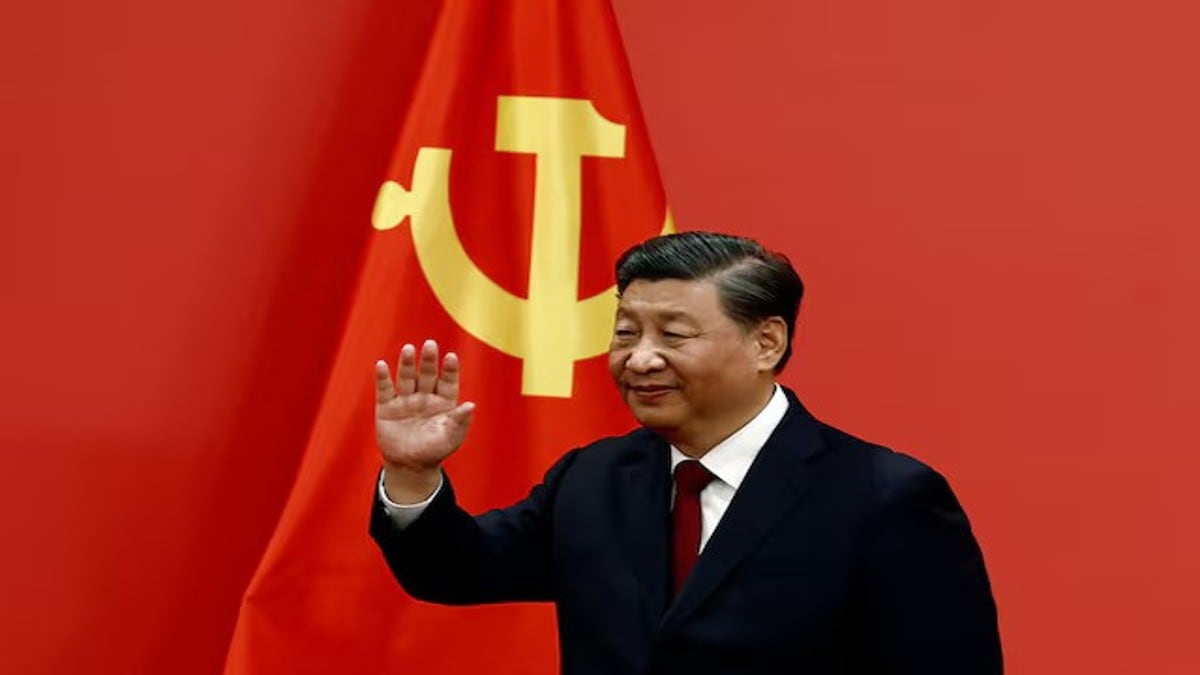
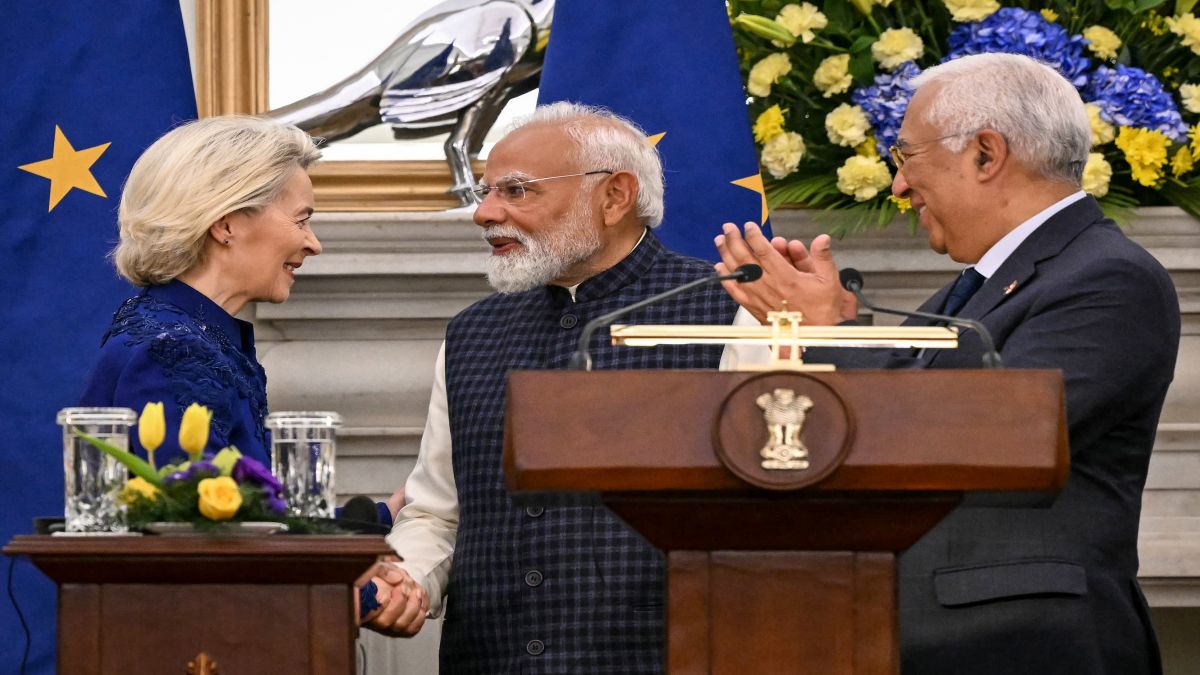)
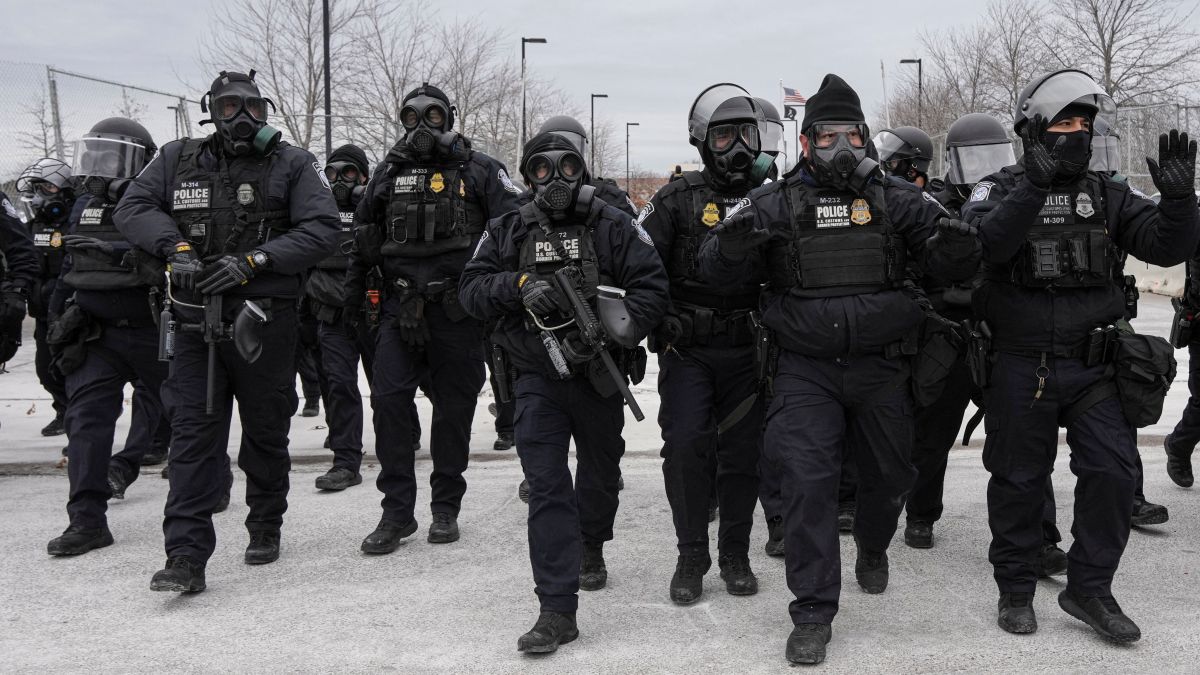)
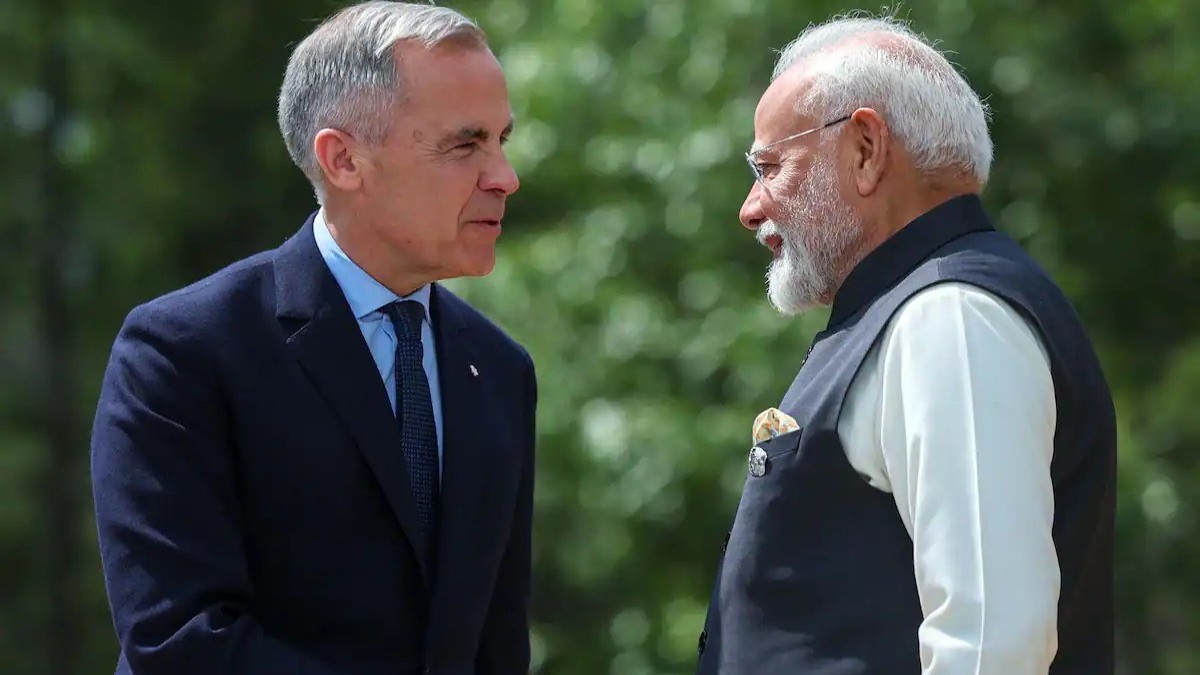)
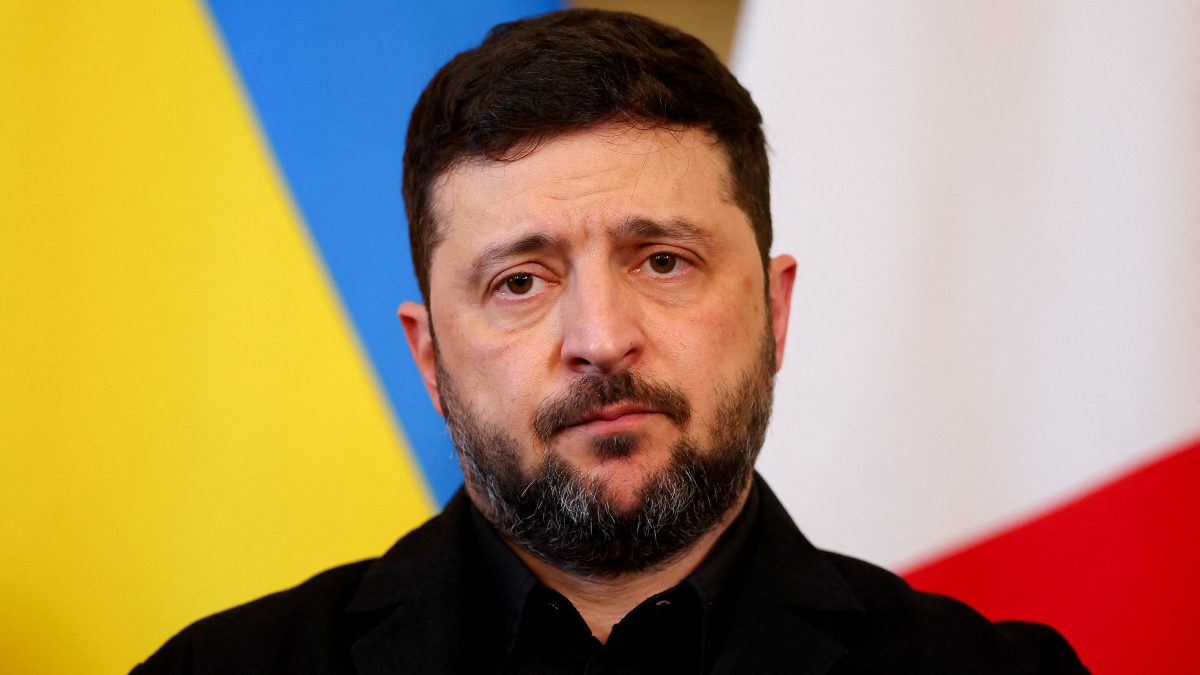)
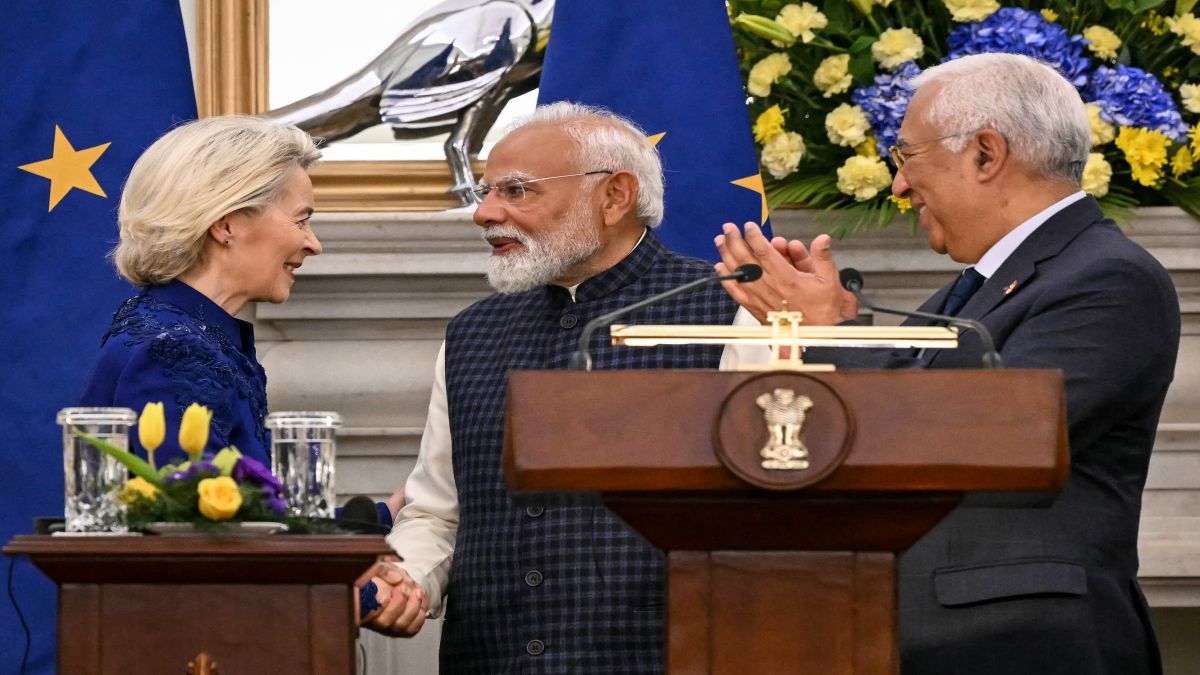)
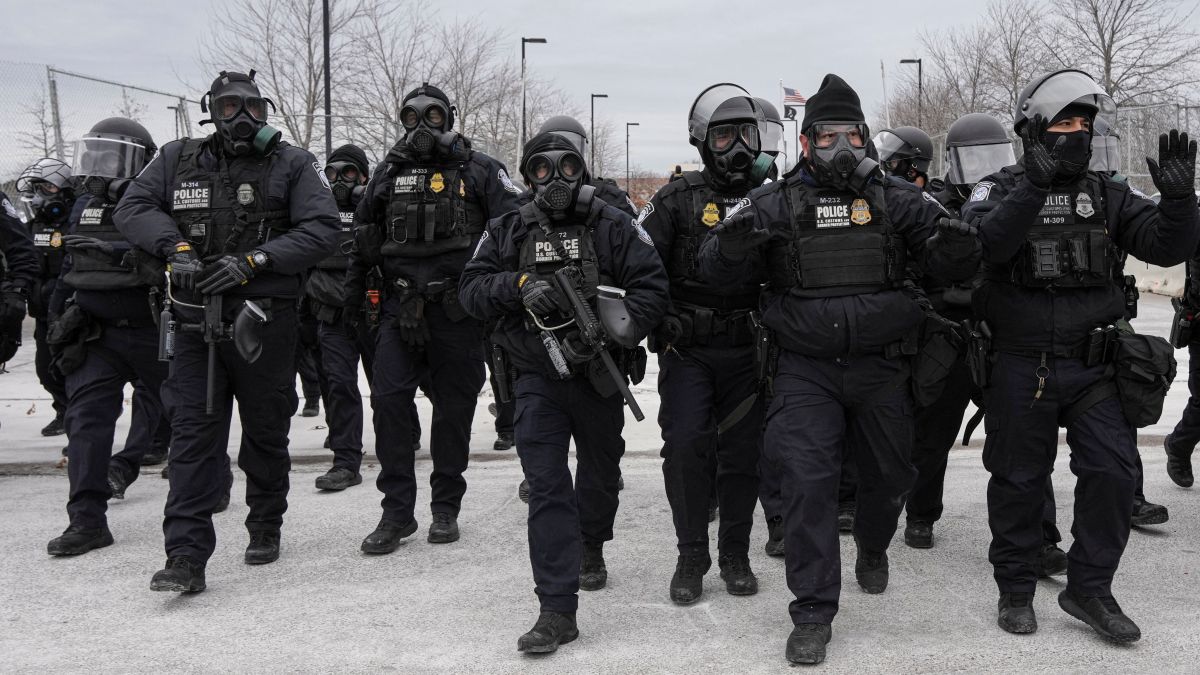)
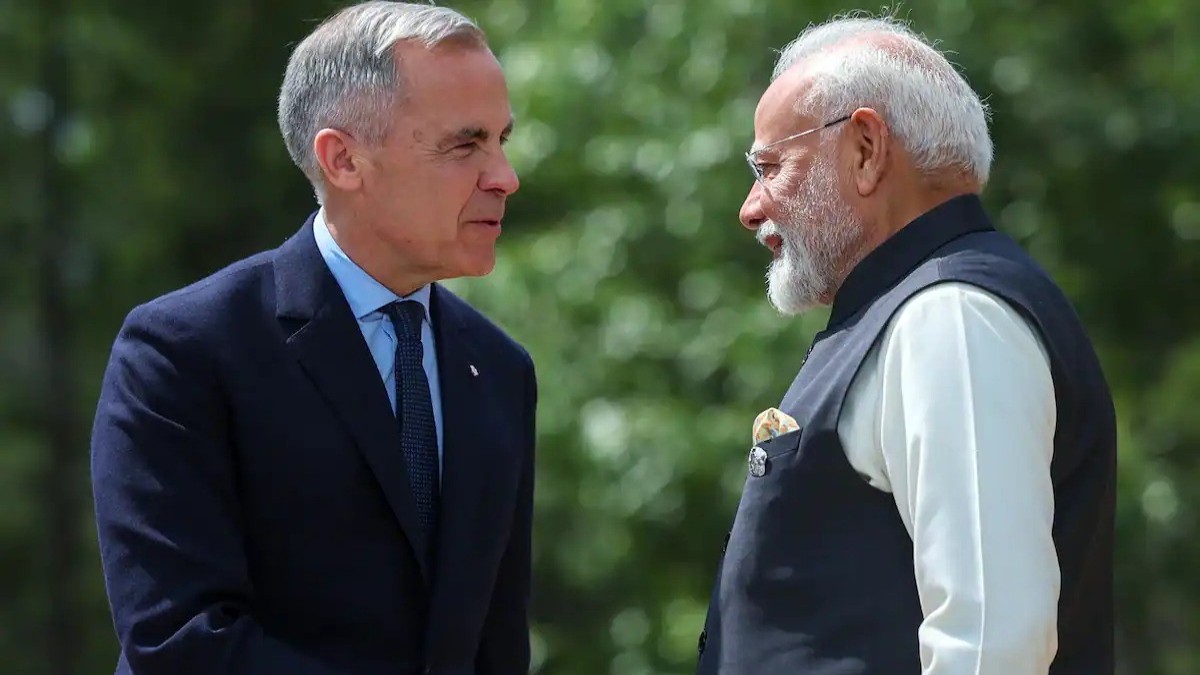)
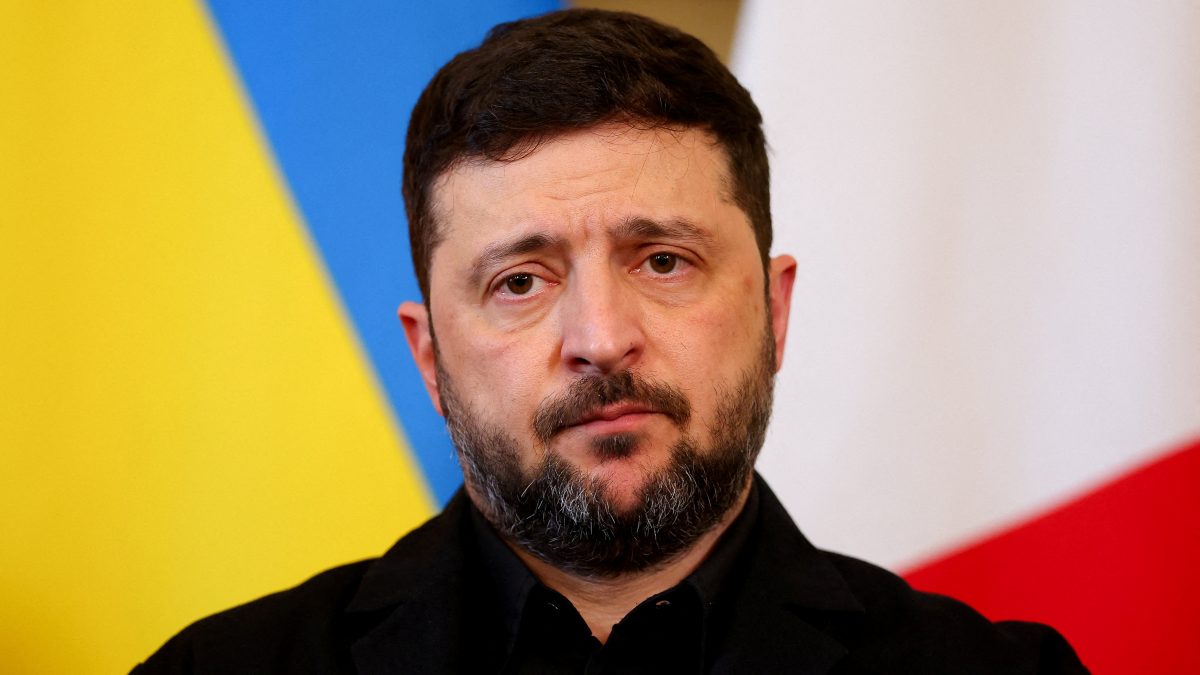)



